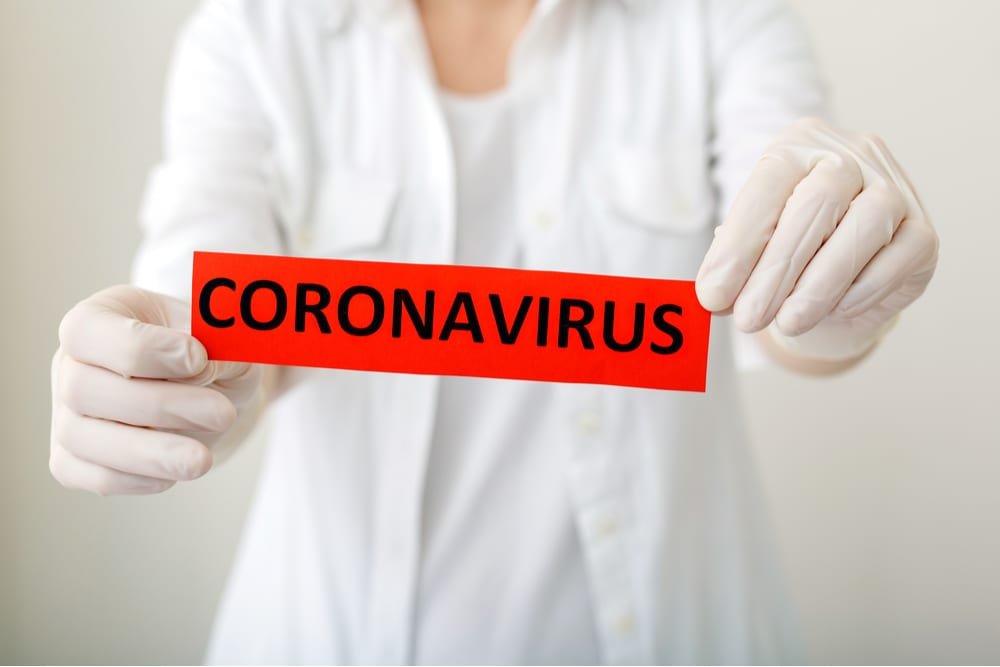Inside BENEO’s new pulse plant: pioneering sustainable protein from faba beans
Sahil Sharma, researcher, Food Technology, LPU shares his views on effect of COVID-19 on F&B sector
Internationally, Food & Beverages (F&B) industry is observing a high-magnitude loss. All thanks to the COVID-19 scare. It has been noticed that Indian F&B players are working under constant anxiety. Manufacturers are foreseeing a serious impact of the novel corona virus on their businesses. Retailers are closely monitoring their supply management mechanism. Nonetheless, several food merchants trading in shelf-stable foods seem to have benefits. Is the situation really that serious or is it just a pointless anxiety? Are we well-informed of what Indian F&B-nomics is up to?
Awareness is the need of the hour. With the current discussions around this nCoV, frequent public health guidelines have been coming out regularly. As deadly as the virus is, what is scary are the misunderstandings related to it. Several food-linked rumors on the social media are creating puzzle in the food science realm. However, there is no indication of the virus dispersing through food at present. In fact, there has been no sign of any respiratory bugs being transported via food or food packaging in the past. Prospects of transmitting nCoV from food is remarkably negligible; there should be low fear of the food supply being ill. As per the Food Safety Authority of Ireland, COVID-19 cannot foster in food – they need a host (either human or animal) to develop in, and cooking for at least 30 minutes at 60°C has been suggested to kill Severe Acute Respiratory Syndrome (SARS), which is a similar COVID-19.
It is possible that infected food superintendents could transmit the virus to the food they are in touch with, by coughing and sneezing, or through physical contact. This is not likely to occur if food superintendents stick to the recommended hygiene practices and norms, that lower the possibility of contamination of most food borne infections. Good hygiene and frequent cleaning will deter cross-contamination between uncooked foods and ready- cooked foods in the kitchen or service area. Frozen food products must be eaten only after cooking them appropriately. It is advised that food superintendents must inform their firms, avert cooking food for others, and seek immediate medical assistance if they notice any warning signs of respiratory sickness. Organizations must ask food superintendents to remain home till they fully recover. If food superintendents have travelled to the affected regions or even came in connection with people who tested positive, they should inform their organizations and pursue suitable medical processes.
Precautionary measures by World Health Organization (WHO) state that even in distressed regions, meat foods can be eaten if these products are cooked cautiously and properly processed during food preparation. Though, sick animals and animals that have died of sickness should not be consumed. A special committee of specialists [by Food Safety and Standards Authority of India (FSSAI)] to scrutinize the risks of incidence of COVID-19 in imported food products confirms that food imported into India including from COVID-19 affected nations is safe for human consumption. FSSAI’s special committee educates to prevent eating undercooked meat products as well as unprocessed food products. Food companies have a significant role to play in averting foodborne diseases; they need to assess the chance of food-borne transmission of the corona virus.
The Ministry of Health and Family Welfare (MoHFW) is examining developments around this pandemic. The MoHFW in unification with the Ministry of Food Processing Industries and FSSAI must continue to assess the real-time situation in order to collect and monitor evidences from international groups and scientific agencies of any food-linked transmission resulting in the nCoV. Government of India is to make sure that it takes right measures to verify safety of food items. The relevant authorities ought to revise their web pages as needed and update people of any events that may badly affect the safety of food. As mentioned above, the need of the hour is to create alertness, there is a requirement to take right, immediate steps for avoiding turmoil in food and beverages industry.

